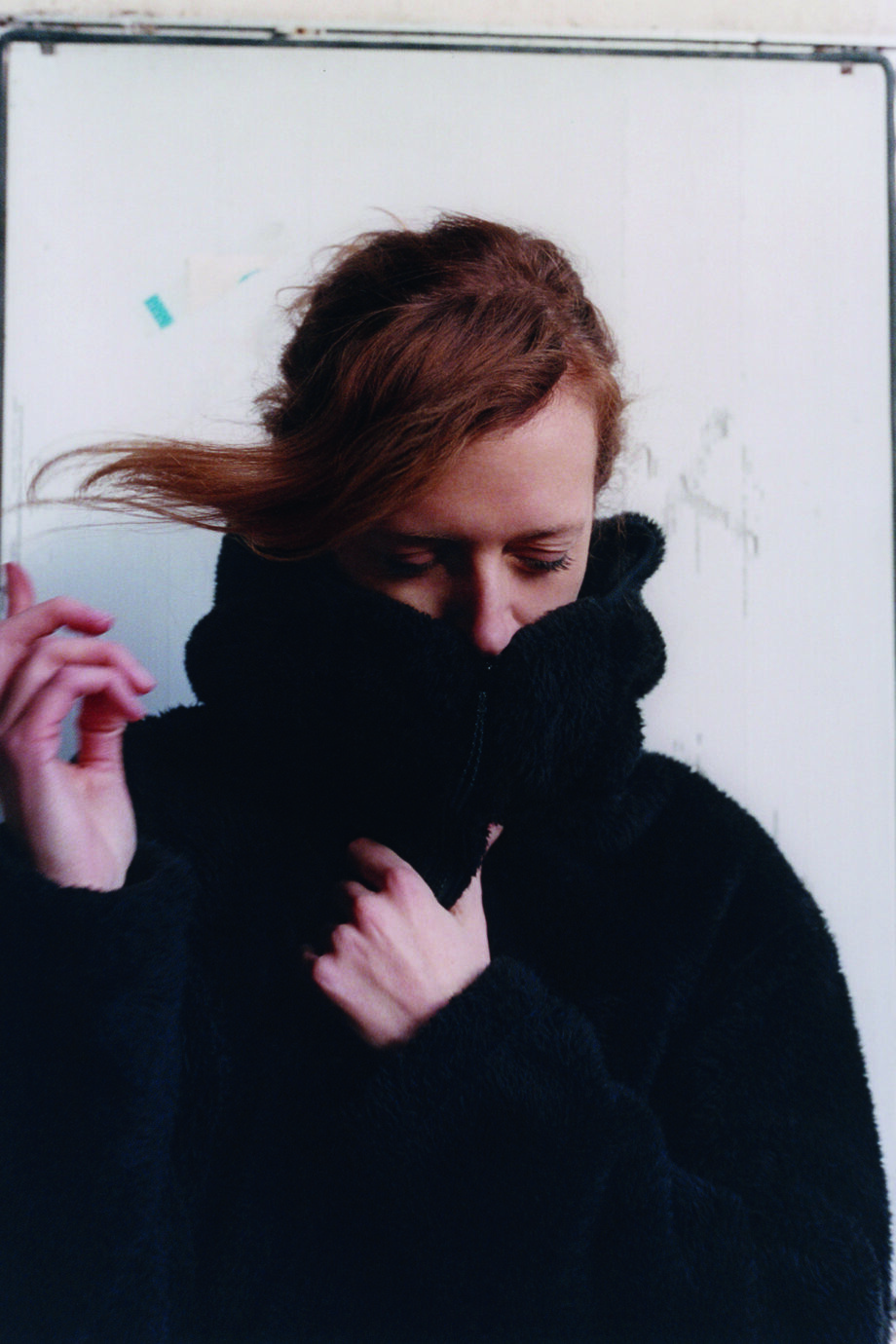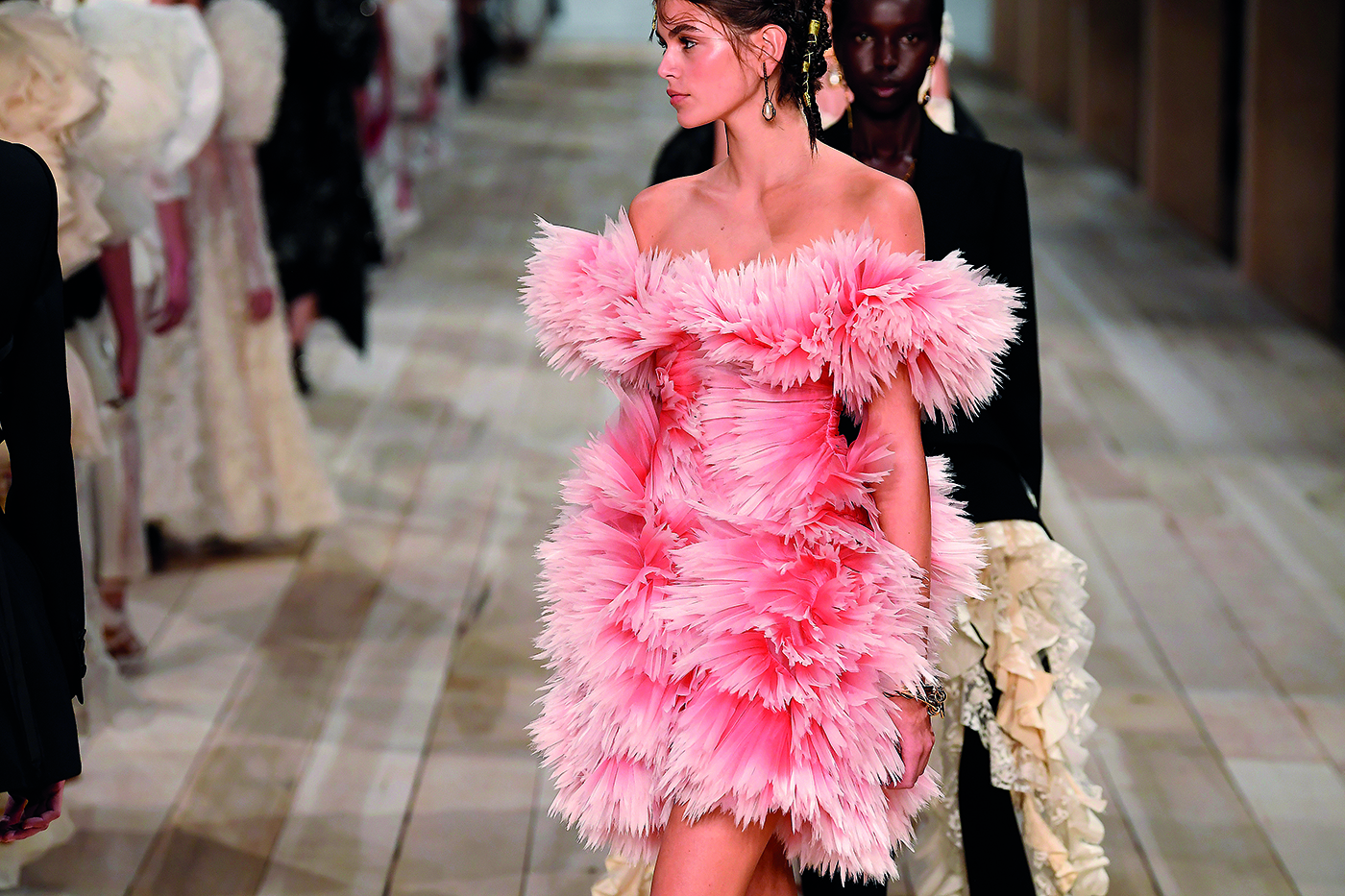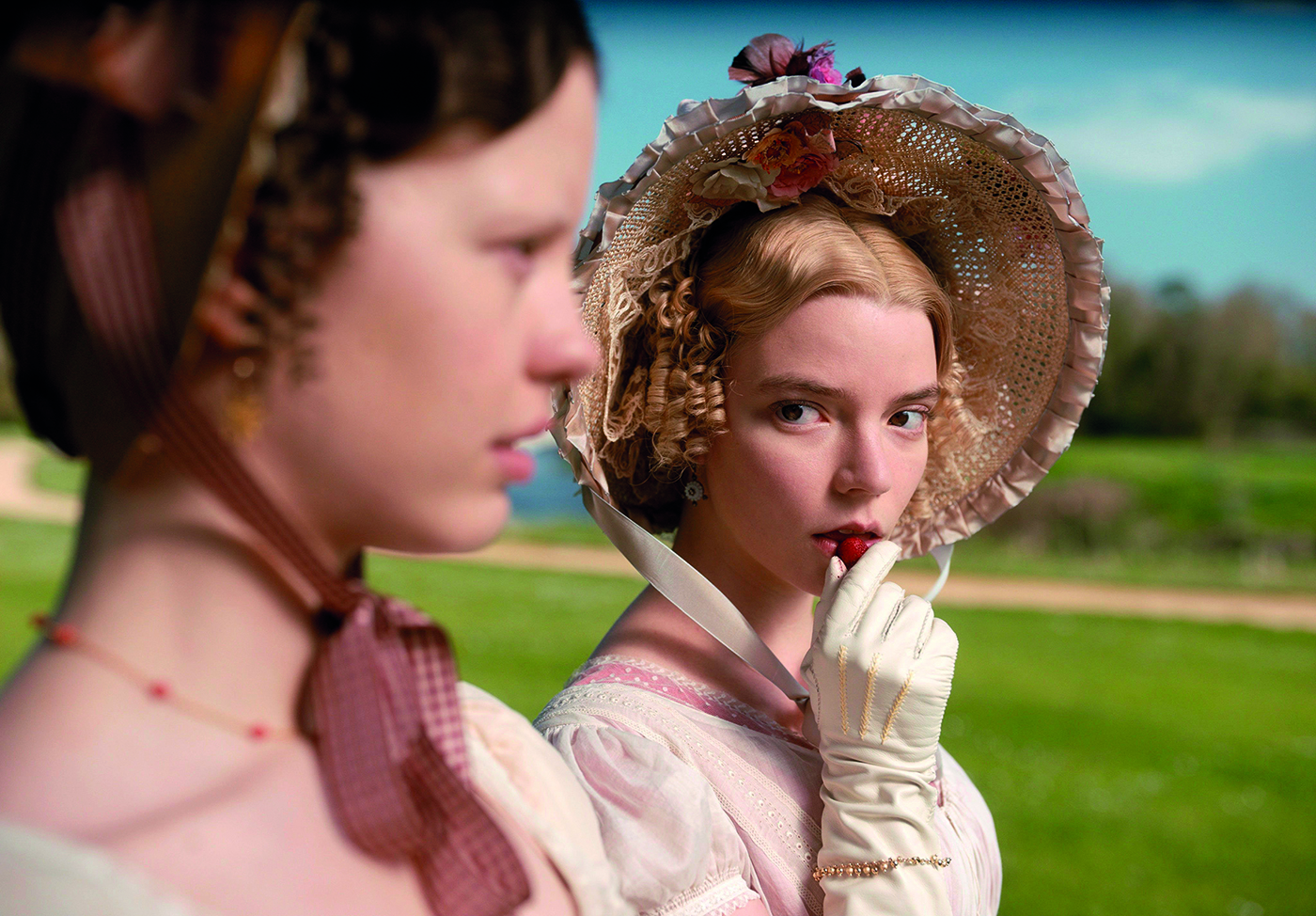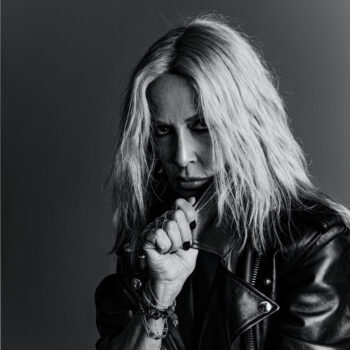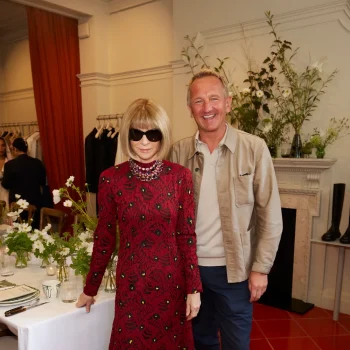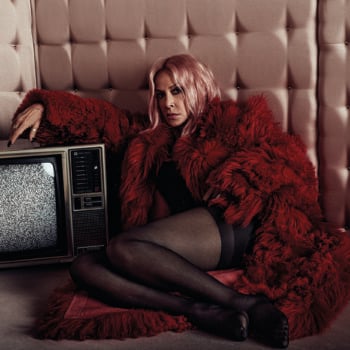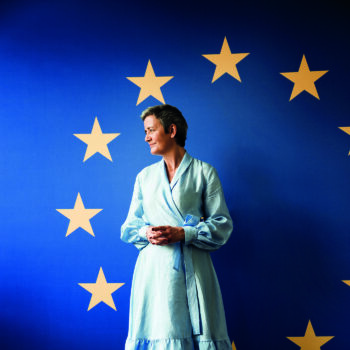Είτε το γνωρίζετε είτε όχι, κάποια στιγμή «διασταυρωθήκατε» με την πολυβραβευμένη Isobel Waller–Bridge. Έχει γράψει μουσική για ταινίες όπως The Boy, the Mole, the Fox, and the Horse, Munich: The Edge of War, Emma -με την Anya Taylor Joy-, ενώ το άλμπουμ της VIII, που ηχογράφησε με τους 12 Ensemble και κυκλοφόρησε πέρυσι, συγκέντρωσε πολλούς επαίνους. Στη συζήτησή μας μέσω Zoom μου αποκαλύπτει πως μόλις τελείωσε την ταινία Wicked Little Letters, με την Olivia Colman και την Jessie Buckley – «πρόκειται για μια πολύ δυνατή κωμωδία», μου λέει χαμογελώντας. Το καινούργιο της project ωστόσο είναι διαφορετικό: συνεργάζεται με το Royal Ballet του Λονδίνου για τη δημιουργία του The Limit, μιας τολμηρής χορευτικής προσαρμογής του επιτυχημένου θεατρικού έργου του Sam Steiner, Lemons, Lemons, Lemons, Lemons, Lemons, που θα κάνει πρεμιέρα στο Royal Opera House μέσα στον μήνα, με πρωταγωνιστές δύο από τους καλύτερους χορευτές του Royal Ballet: τη Francesca Hayward και τον Alexander Campbell. Είναι η πρώτη φορά που η Isobel γράφει μουσική για μπαλέτο και ομολογεί ότι: «Λατρεύω τον χορό και θέλω να ασχοληθώ περισσότερο με αυτόν. Συμφώνησα αμέσως με την πρόταση».

Όσοι έχουν δει το έργο του Steiner, που έκανε πρεμιέρα το 2015 και έκτοτε έχει εξελιχθεί σε φαινόμενο, ξέρουν ότι πρόκειται για μια έξυπνη ρομαντική κομεντί που διαδραματίζεται σε ένα εφιαλτικό μέλλον, όπου οι «νόμοι της σιωπής» ορίζουν πως οι άνθρωποι μπορούν να ξεστομίζουν μόνο 140 λέξεις την ημέρα. Από την αρχή ήταν ξεκάθαρο πως θα ήταν μεγάλη πρόκληση να προσαρμοστεί σε χορευτική παράσταση. Οι Hayward και Campbell ξεκίνησαν εντατική δουλειά, ωθώντας τους εαυτούς τους στα άκρα, καθώς πειραματίζονταν με την κίνηση, αλλά και τον λόγο. «Είναι συναρπαστικό να βλέπεις το αποτέλεσμα της δουλειάς τους», μου λέει η Isobel. «Διαπιστώνεις πόσο απίστευτα ταλαντούχοι είναι. Πρόκειται για ένα συναρπαστικό θέαμα». Παραδέχεται πως δεν είχε δει το έργο του Steiner πριν δεχτεί την πρόταση, αλλά η ιδέα δεν της ήταν ξένη και ενθουσιάστηκε με το θέμα. «Όταν αφαιρείς τη γλώσσα, ποιος τρόπος έκφρασης μένει;» αναρωτιέται, προσθέτοντας ότι ακριβώς αυτά τα ερωτήματα κάνουν τον χορό τόσο δελεαστικό μέσο, όχι μόνο στο συγκεκριμένο project, αλλά γενικά. «Λατρεύω τη γλώσσα, αλλά υπάρχει κάτι στην κίνηση και στη μουσική όταν αφαιρείς τις λέξεις από την αφήγηση, που εξάπτει τη φαντασία μου. Θαυμάζω τους χορευτές, γιατί είναι πραγματικοί αθλητές, αλλά επίσης και μαέστροι της επικοινωνίας», εκτιμά.
Η μεγαλύτερη εκ των αδελφών Waller–Bridge -μικρότερη αδερφή της είναι η Phoebe, δημιουργός του Fleabag, της ριζοσπαστικής κωμωδίας για την οποία έγραψε μουσική η Isobel, και αδελφός τους ο Jasper, ο οποίος ασχολείται με την παραγωγή-, η 39χρονη συνθέτρια μεγάλωσε στο Ealing του Δυτικού Λονδίνου και ξεκίνησε να ασχολείται με τη μουσική νωρίς. «Έχω φωτογραφίες να παίζω με τα πλήκτρα απ’ όταν ήμουν δύο ετών. Για μένα, η σύνδεση ήταν άμεση. Ειλικρινά δεν τη χόρταινα, λάτρευα τη μουσική όπως η πάπια το νερό. Άκουγα πολλή κλασική μουσική – Bach, Scarlatti, Mahler, Shostakovich, αλλά ένιωθα πιο πολύ στο στοιχείο μου όταν χτυπιόμουν με αυτήν του Stravinsky!». Αυτό βέβαια δεν σημαίνει ότι δεν είχε επαφή με την ποπ κουλτούρα μεγαλώνοντας. «Αργότερα αγάπησα το ροκ εντ ρολ και την ποπ», μου λέει και εξομολογείται ότι μία από τις ταινίες που την έχουν επηρεάσει ήταν το Paris, Texas του Wim Wenders, «η μουσική της οποίας από τον Ry Cooder σήμαινε πολλά για μένα. Και, φυσικά, λάτρευα τον David Lynch. Είχα δει όλες τις ταινίες του και είχα ενθουσιαστεί που έγραφε τη μουσική. Και έπειτα συνεργάστηκε με τον Badalamenti στα Mulholland Drive και Lost Highway. Λάτρευα επίσης το Elephant Man». Όταν τη ρωτάω ποια ονόματα θα έβλεπε σε ένα ροκ φεστιβάλ σήμερα, σκέφτεται πολύ την απάντησή της: «Όταν πήγα στο Glanstonbury, ανυπομονούσα να δω την Billie Eilish. Είναι φανταστική. Μου αρέσουν αυτά που δημιουργούν μαζί με τον αδελφό της, Finneas. Και τη Rosalía επίσης – η ενέργειά της είναι κάτι που θα ήθελα να δω από κοντά».
